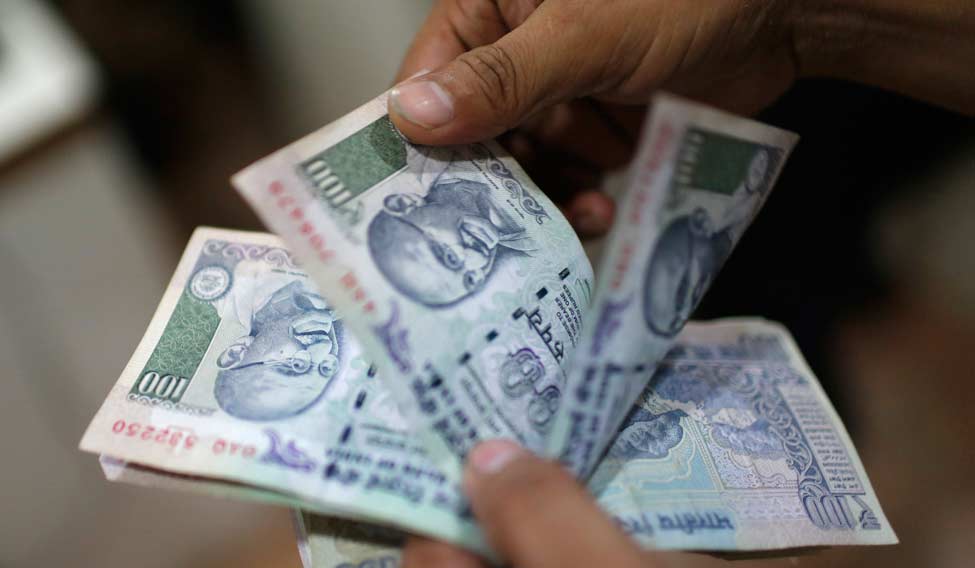It's no secret that political funding in India is largely preferred to be a faceless affair. On Tuesday, both the BJP and its Narendra Modi-led government asserted that going ahead, they would like to retain the same, but in a proposed new system of political funding.
Earlier the day, Finance Minister Arun Jaitley moved amendments to the RBI Act while presenting his Budget amendments for the Finance Bill in the Lok Sabha.
The government had proposed to amend the RBI Act to give the central bank the power to issue electoral bonds and designate banks for dealing in them.
Political donors, individuals and corporates will have to issue cheques to buy these bonds, which can only be encashed after depositing in the bank account of a political party.
The amendment to the RBI Act provides for the provision that if the donation has come by way of electoral bonds, then the identity of the donor will not be disclosed.
The proposals moved by government to reform political funding will also require the stamp of the Upper House and the President before it is enacted as a law later this year.
"Even after 70 years of independence there is no transparency in political funding. Most donations are received in cash and the donors, too, hesitate to disclose their identity," Jaitley had said in his Budget speech.
The government also proposes to provide tax incentives to political donors who pay through electoral bonds. Cash donations to political parties were proposed to be capped at Rs 2,000 in the Budget.
"We, at BJP, have the least amount of donations in cash. But in the past we had taken initiatives on Advaniji's advice to accept only cheque donations, but donations to the party dropped by 90 per cent the next year," said Muralidhar Rao, BJP's national general secretary in charge of the party in Andhra Pradesh, Telengana, Karnataka and Tamil Nadu.
"Providing tax break to political donations is a good thing. It encourages contribution to the democratic process needed for nation building," Rao said, when asked if there are any other examples where such tax breaks are offered on political funding.
"Everyone is facing complexities on the issue of political funding, we are taking the lead this way. In Europe and US they are also trying with other mechanisms," said Rao, speaking on the sidelines of a discussion on 'Transparency in political funding', organized by Bharat Niti, a discussion platform.
Addressing the same discussion, former IAS and founder of Loksatta Party in Andhra Pradesh N Jaypraksh Narayan said the most significant step in reforming political funding was taken in the Vajpayee administration that passed the Election and Other Related laws (Amendment) Act.
"This law, too, made political party contributions tax deductible under section 80G of IT Act before it was repealed. However, it also had a provision to cap donations from individuals and corporates depending on their average earnings and net profits over a period of five years. Such a cap would be necessary to be introduced or there could be many dangers to the democracy with such a move," said Narayan.
Addressing the panel discussion, Arjun Ram Meghwal, minister of state for finance, said the government is committed to bringing in transparency in electoral funding and is also seeking opinion of other parties on compulsory voting and unified polls for all governing bodies.





